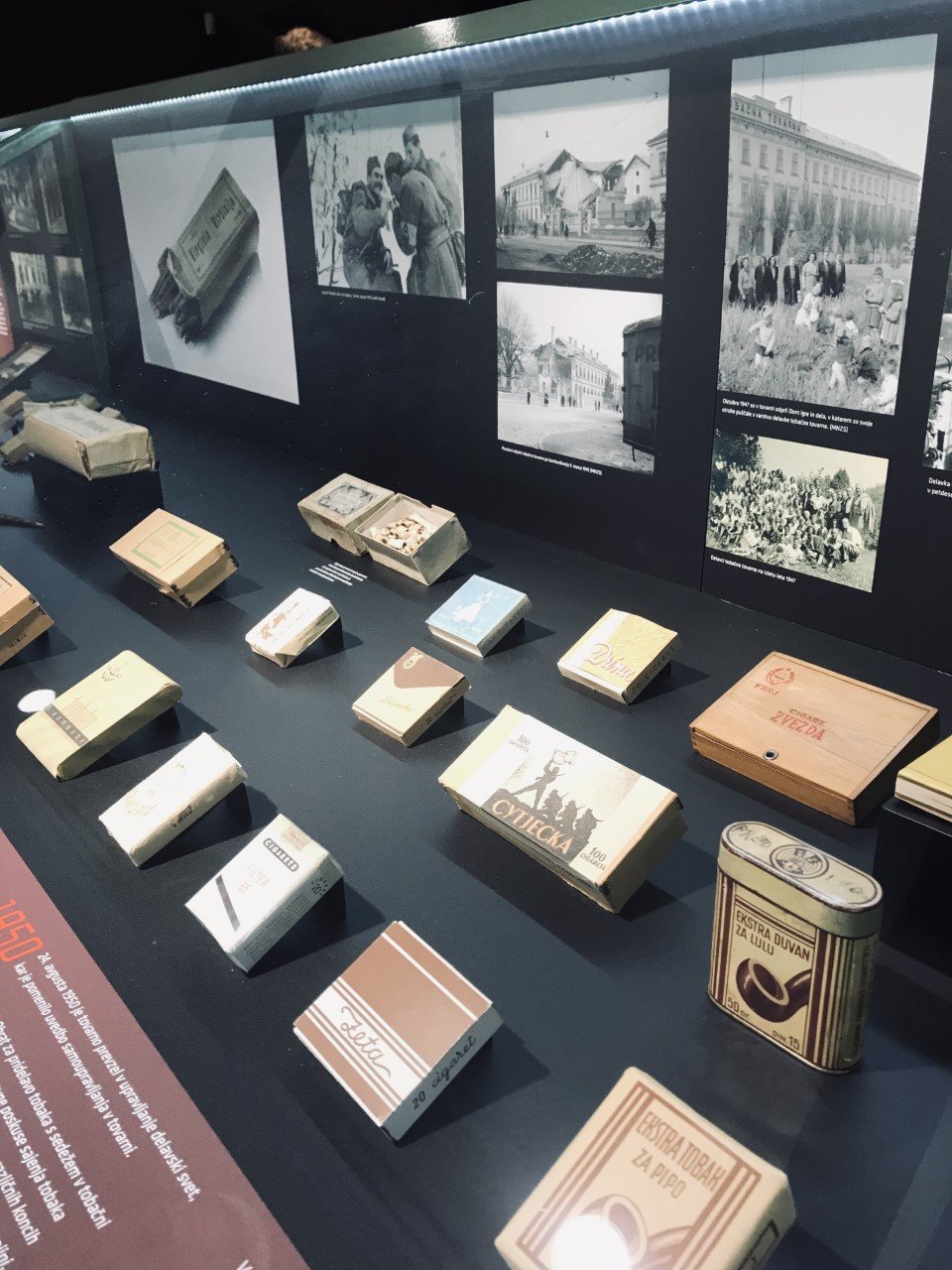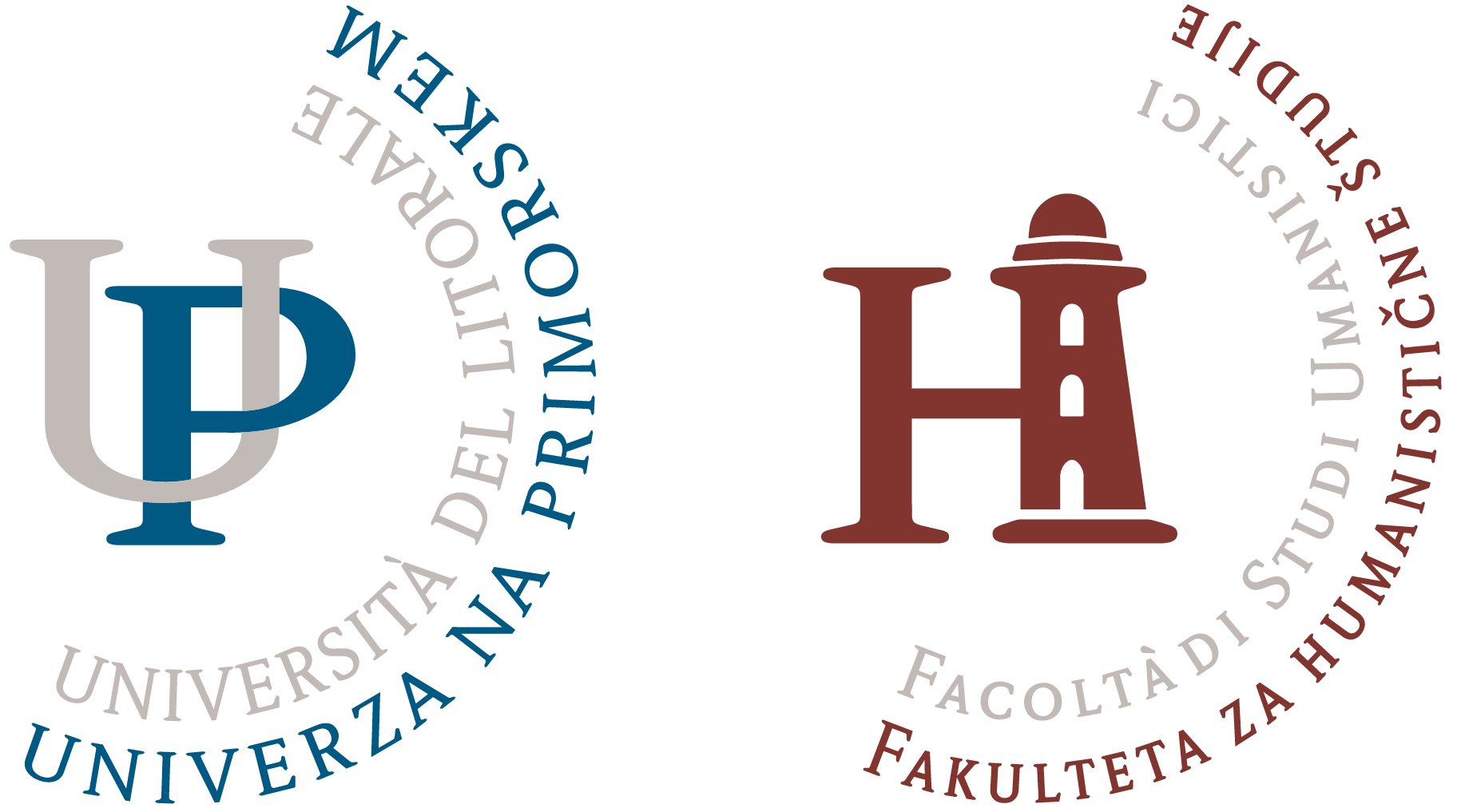Archaeology
Doctoral Study Programme
Presentation
The programme retains the whole of inavoidable classical archaeological and historical knowledge, but connects the two in a modern, innovative way. Chronologically, it covers the periods from pre-history and ancient Mediterranean civilizations, through antiquity and the Middle Ages, to the archaeology of the recent period. Students have the option of selecting contents from other postgraduate programs as the credit-point system enables intensive integration with foreign faculties.
Special emphasis is placed on the methodological and theoretical approaches in archaeology and historiography, since each individually designed study curriculum contains at least one methodological assignment. The study course thus enables individual development of various contemporary concepts of archaeology, from the so-called archaeology of cultural circles, process archaeology as well as post-process approaches to the analysis and interpretation of human activities. At the same time, the program does not exclude classic historical approaches, such as political and economic history.
The selection of contents, theoretical orientation and the offer of practical knowledge ensure the international relevance of the study programme. The acquired knowledge enables practitioners to practice in the framework of national institutions, or to actively participate in the international arena. Due to the innovative quality of the curriculum and the wide-ranging subject-specific competences, the study programme is also interesting for foreign students, representing the possibility of expanding the Slovenian educational system to the areas of the North-West Balkans and the European Union.
Programme Information
Curriculum
Title and Level of Qualification
PhD in Archaeology
Type and Duration
Doctoral, third cycle, part-time study
Duration: 3 Years / 180 ECTS
Admission Requirements
Admission to the first year of study shall be granted to the candidates who have completed:
a) a master’s (second cycle) study programme;
b) an undergraduate academic study programme, adopted before 11 June 2004 (pre-reform study programme);
c) a specialisation study programme after having graduated from a study programme, adopted before 11 June 2004 (pre-reform study programme), if a candidate has completed all the study obligations relevant for further study prior to enrolment. Study obligations in the amount from 30 ECTS to 60 ECTS credit points are determined by the competent Faculty Commission, based on the individual application, taking into account the field of previous study. Additional examinations must be completed prior to entry into the programme or during the previous study;
d) an unified master’s study programme, if the study programme carried 300 ECTS credit points and lasted 5 years;
e) a comparable education abroad and have been, in the process of recognition of their qualification and in accordance with Assessment and Recognition of Education Act, legally granted the right to continue their studies in the study programme.
In Case of Enrolment Limitation
the candidates are selected according to:
- average grade of all exams (50 %),
- grade of their previous degree dissertation (50 %).
Number of available Places
Slovenian citizens and other citizens of Member States of the European Union: 5
Slovenians without Slovenian citizenship and foreign citizens of non-European Union countries: 2
Doctoral degree Study Programmes

Anthropology
Doctoral study programme
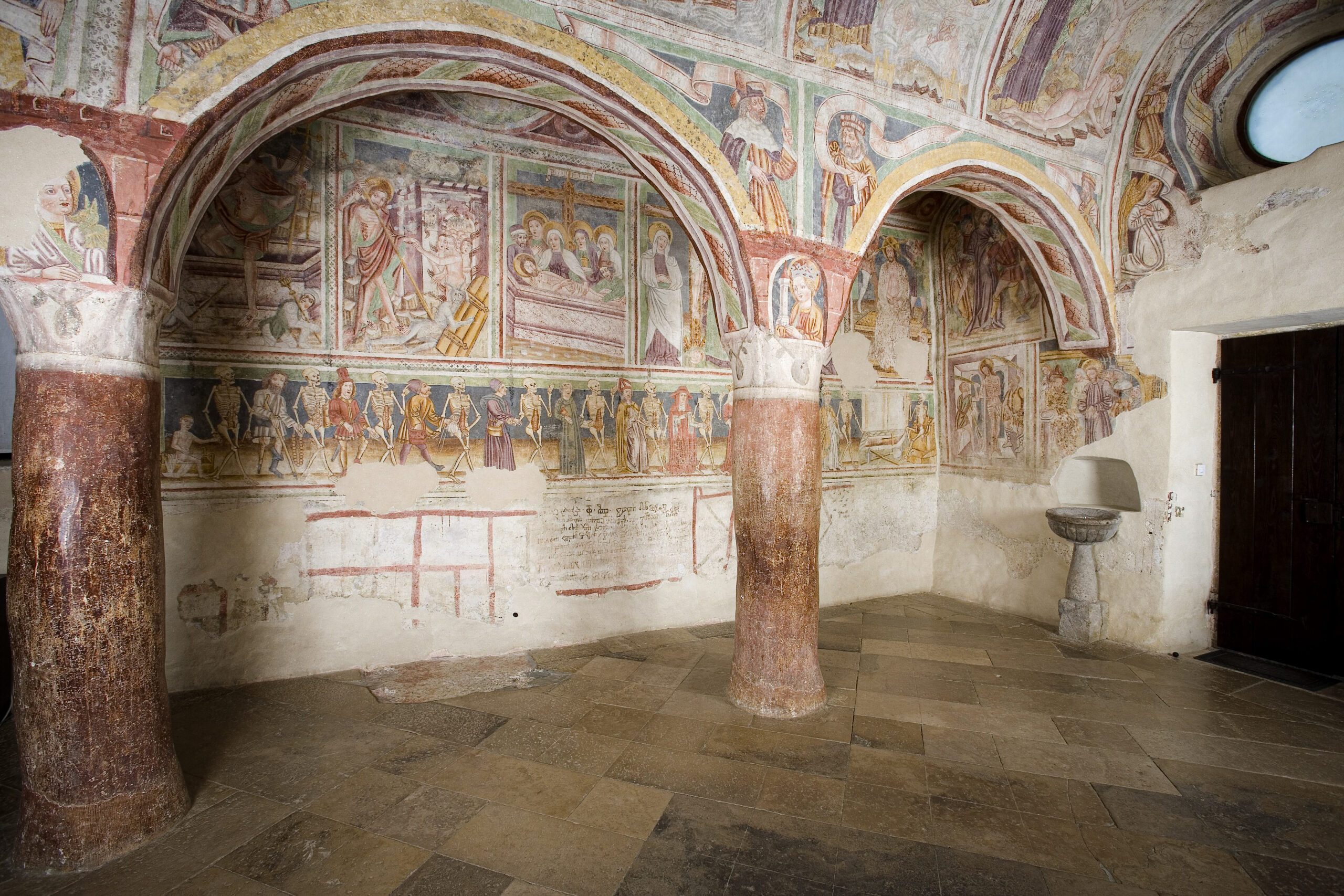
Archaeology
Doctoral study programme
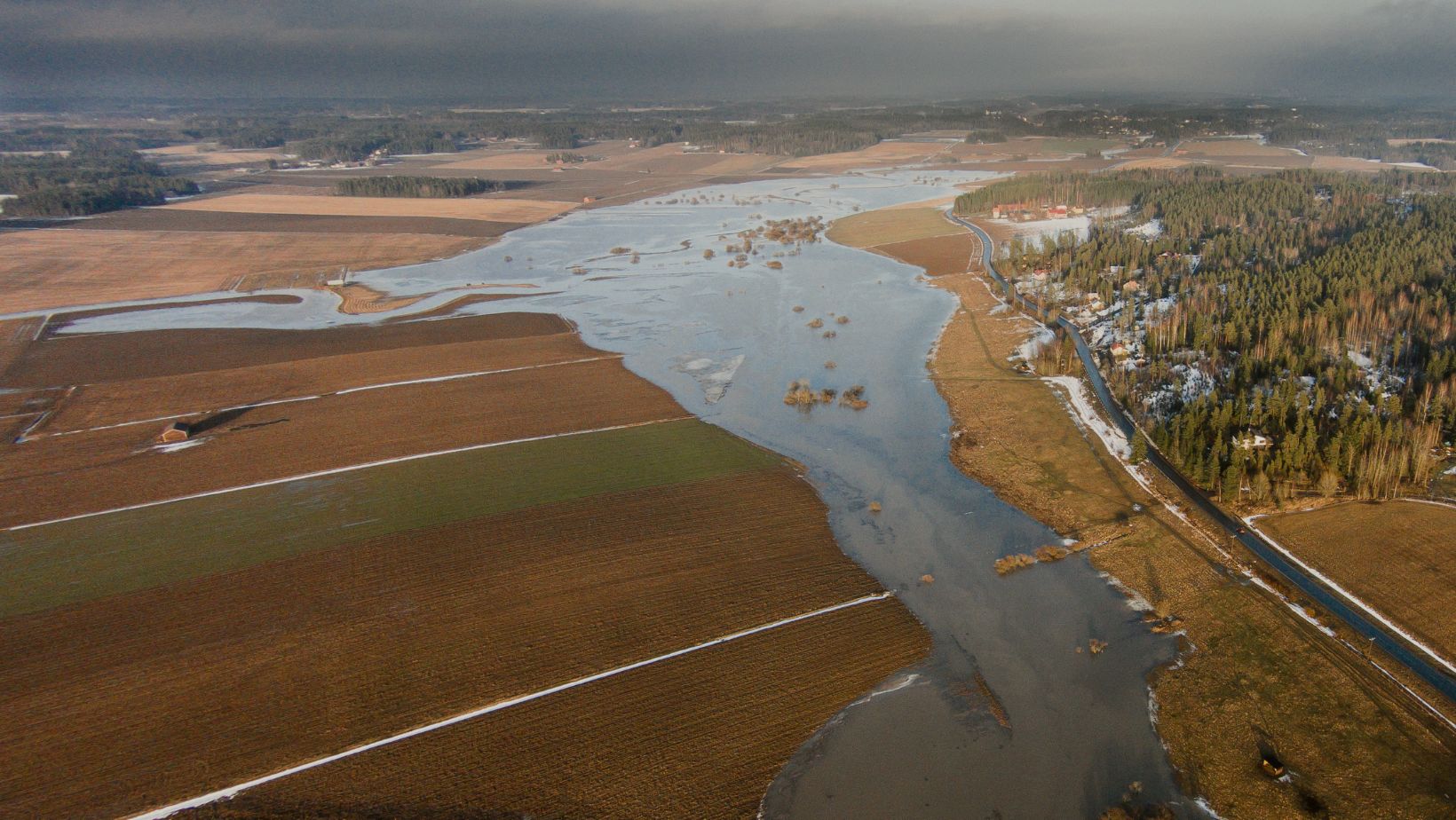
Geography
Doctoral study programme
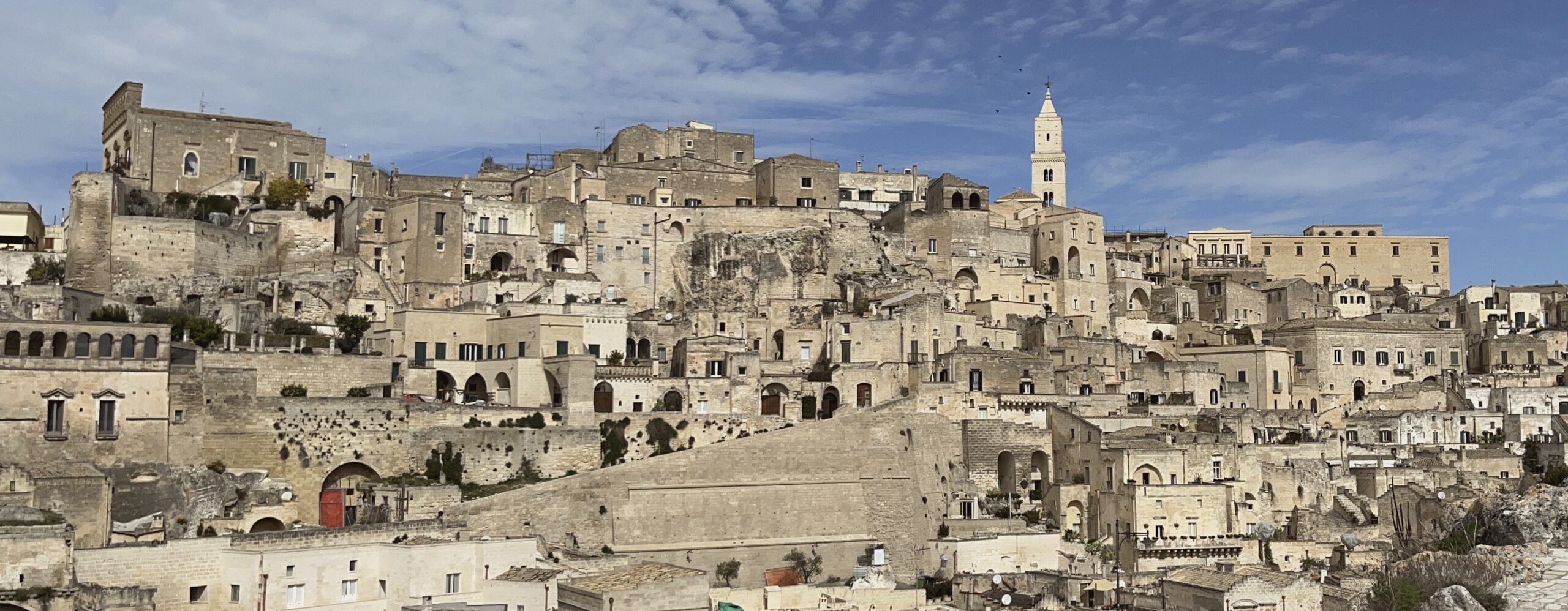
Language and Interculturality
Doctoral study programme

Slovene studies
Doctoral study programme
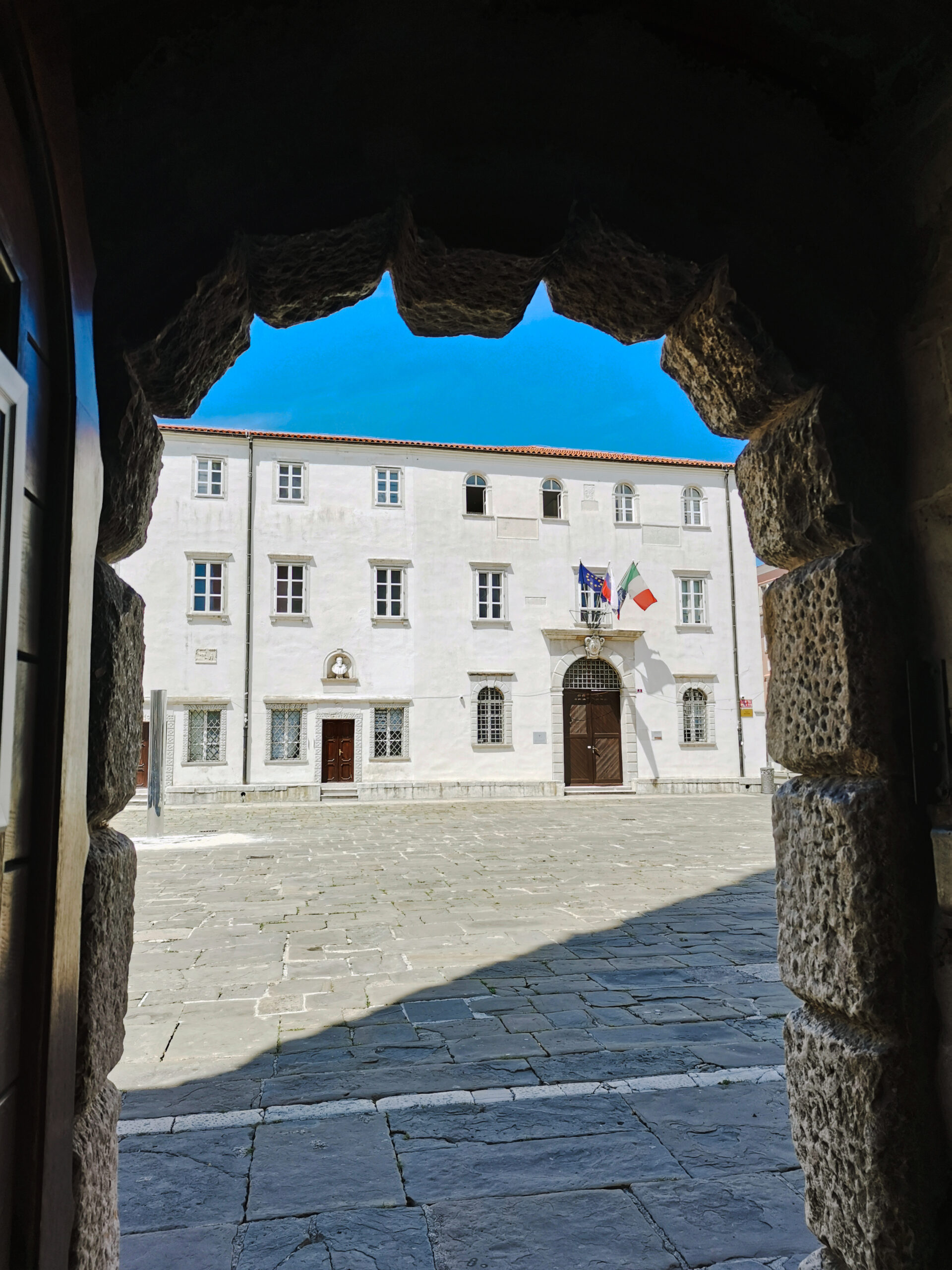
Management of Cultural Assets and Archives
Doctoral study programme
